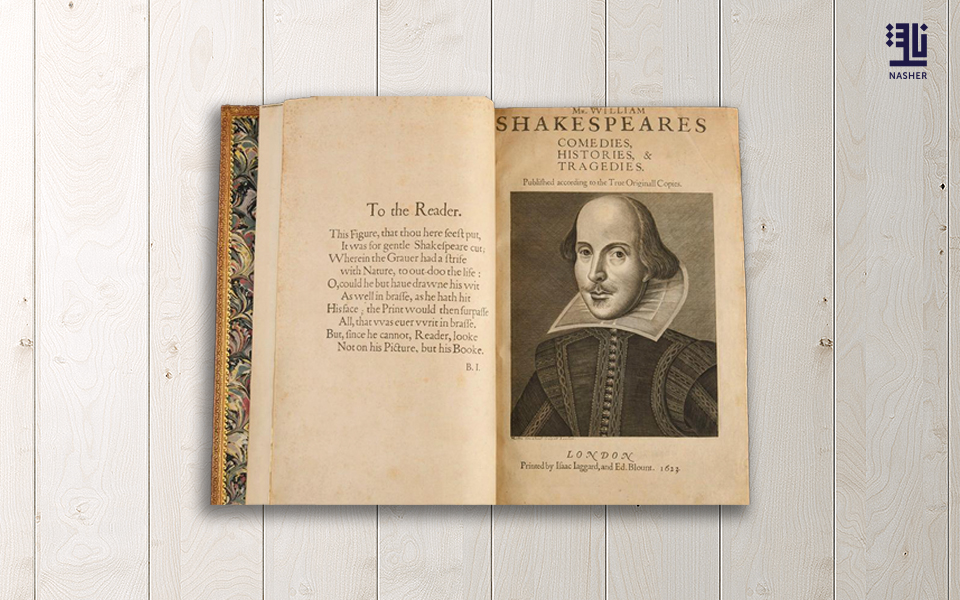Shakespeare plays go on display for 400th anniversary
Three copies of the first printed edition of William Shakespeare’s plays will go on display in Scotland to mark 400 years since it was first published. Simultaneously an exhibition to celebrate the 400th anniversary of Shakespeare’s First Folio is to launch in Leicester.
The booklets will be available for viewing at the University of Glasgow, the National Library of Scotland in Edinburgh and Mount Stuart, on the Isle of Bute, at different times this year.
The display marks the 400th anniversary of the first printed edition of Shakespeare’s collection of plays, commonly referred to by modern scholars as the First Folio. It was first published in 1623, about seven years after the playwright’s death, and is considered one of the most influential books ever written. Only 18 of Shakespeare’s plays appeared in print during his lifetime, and some of these were in corrupt or pirated editions, literary experts said.
The First Folio collection contains 36 plays, 18 of which were published for the first time, and therefore saving such works as The Tempest and Macbeth from probable extinction.
About 750 copies were printed of which 235 are known to have survived, with 50 copies still in the UK, 149 in the US and 36 in other countries – nine of which are listed as missing.
The three folios going on display in Scotland are in three different collections, with three different stories to tell. The university’s copy will be on display for one weekend only from April 22 to 23 at The Hunterian Art Gallery.
On the other side of the country, The University of Leicester said it planned to hold the event at the David Wilson Library until 24 April. The exhibition will showcase items from the university’s archives and special collections.
Although the university does not have a First Folio, it does have an original Fourth Folio, dating from 1685, as well as an annotated copy of King Lear from 1776, containing notes from the famous English actor David Garrick.
The university said the exhibition would explore Shakespeare’s library of classical literature, historical chronicles, religious text and philosophical writings which helped to shape and inspire his poetic and dramatic works.







